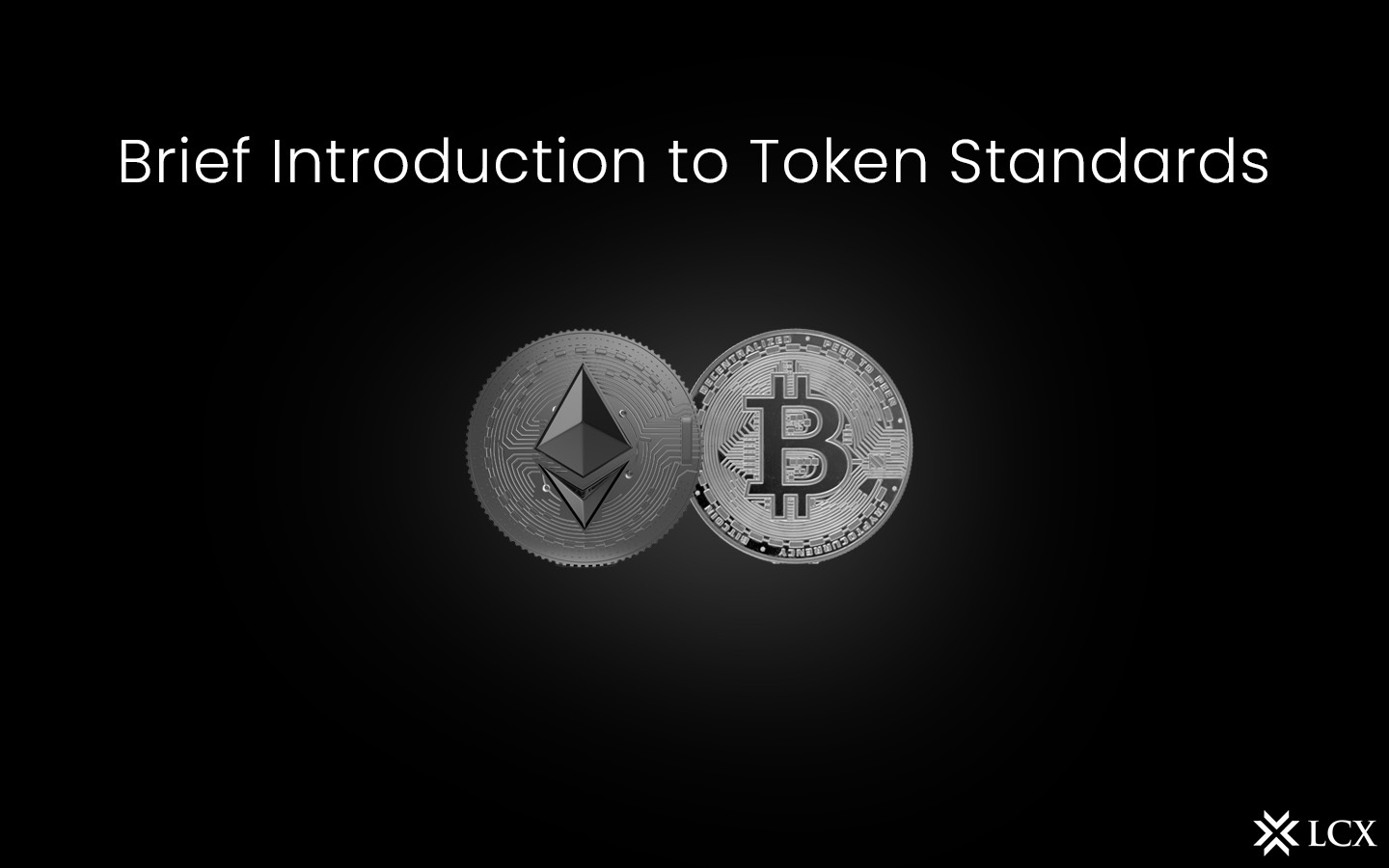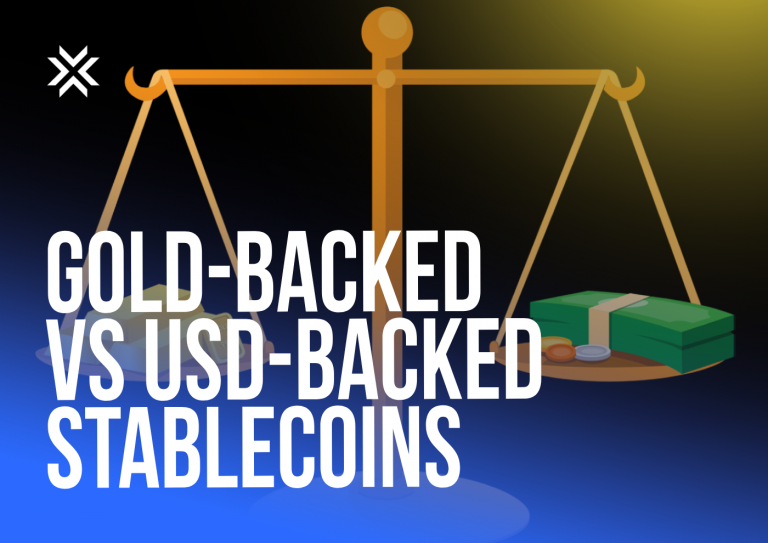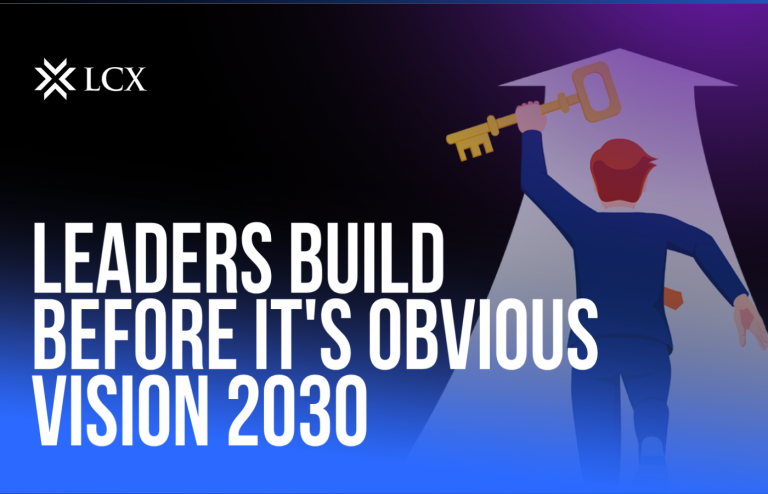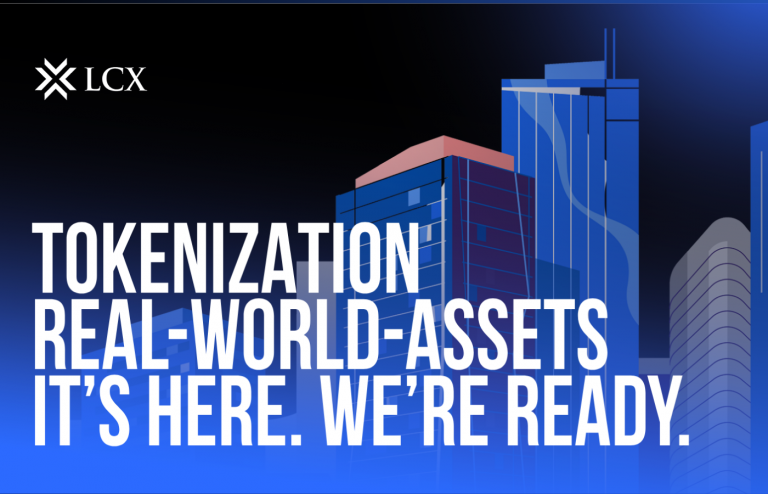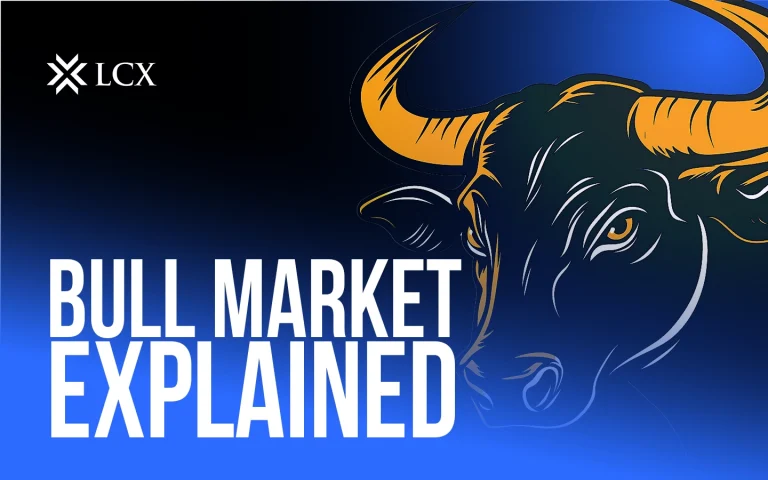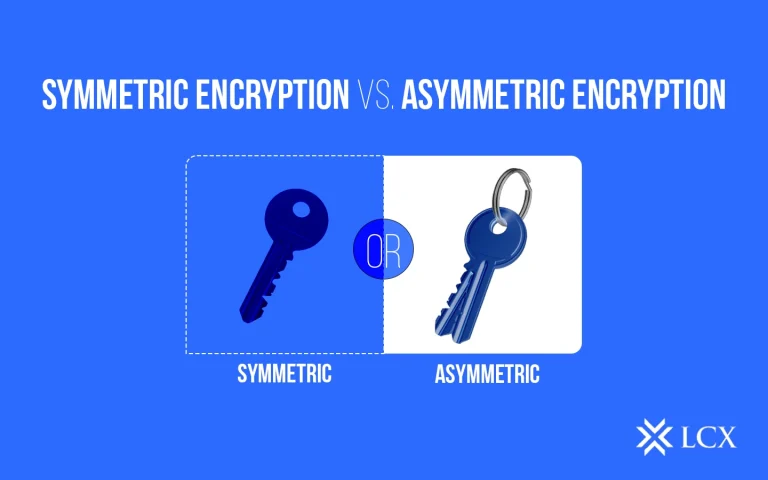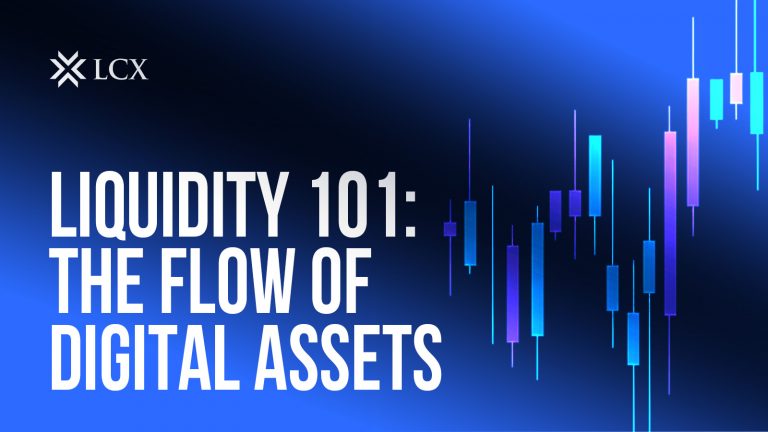Token standards have become fundamental components in the dynamic realm of cryptocurrencies, governing the operational and regulatory aspects of digital tokens across multiple blockchain platforms. These standards transcend being technical specifications and serve as the fundamental building blocks for interoperability and functionality within the cryptocurrency ecosystem.
The objective of this article is to provide a comprehensive analysis of token standards, elucidate their pivotal function, and investigate the prevailing standards within the sector. As other blockchains emerge from the wake of Ethereum’s widely adopted ERC-20 and ERC-721, we shall examine the complexities of these protocols and their ramifications within the realm of digital assets.
What Are Tokens in Crypto?
Tokens are digital assets or units of value that are stored on a specific blockchain within the blockchain domain. Icons fulfill a multitude of functions, including embodying ownership rights in applications and digital mementos, as well as representing a stake in a project (similar to company shares).
Tokens are utilized in a vast array of blockchain applications, including but not limited to financial services, gaming, and digital art, due to their adaptability as a medium for a variety of digital transactions and interactions.
What Are Token Standards?
A set of regulations and technical specifications known as token standards delineate the behavior of tokens on a given blockchain. By ensuring that tokens conform to a particular format, these standards facilitate their interoperability with a multitude of services and applications within the ecosystem, including wallets and exchanges. The implementation of this standard is vital in order to facilitate the smooth transfer and use of tokens across various platforms and applications.
The development of token standards parallels the progression of the blockchain ecosystem. At the outset, token standards were rudimentary, with an emphasis on fundamental capabilities such as token generation and transfer. Nonetheless, as the blockchain industry progressed, so did the established criteria, integrating intricate functionalities such as multi-token transactions and enhanced security protocols. The development of more sophisticated token standards is propelled by the ongoing progress in blockchain technology, which bodes well for the future of token standards. It is anticipated that forthcoming standards will provide support for an expanded array of functionalities, such as more complex smart contract interactions and cross-chain interoperability.
Diversity of Token Standards
Ethereum, being a leader in the field of blockchain technology, has taken the initiative to establish token standards. Among these, the ERC-20 standard is the most well-known; it established the foundation for fungible tokens, which are interchangeable and identical. The ICO surge was significantly aided by ERC-20 tokens, which facilitate the creation of new cryptocurrencies.
ERC-721 is an additional crucial Ethereum standard that serves as the foundation for Non-Fungible Tokens (NFTs). In contrast to ERC-20 tokens, ERC-721 tokens are one-of-a-kind and non-exchangeable, rendering them ideal for signifying possession of distinctive digital objects such as artwork or collectibles.
Additional Ethereum standards, such as ERC-777, ERC-1155, and ERC-4626, have surfaced, providing enhanced functionality and adaptability.
To facilitate the creation and administration of tokens within their respective ecosystems, additional blockchains have developed their own token standards. BEP-20 and BEP-721, which are functionally comparable to Ethereum’s ERC-20 and ERC-721 but optimized for Binance’s architecture, are implemented on the Binance Smart Chain. Additionally, Polkadot, Cosmos, and other more recent blockchains have implemented their own distinct token standards, thereby enhancing the crypto world’s diversity and capabilities.
Impact of Token Standards
The impact of token standards on the cryptocurrency market and its related ecosystems is substantial and multifaceted. The exponential expansion and diversification of the cryptocurrency market have been primarily propelled by these standards, as evidenced by the proliferation of ICOs (Initial Coin Offerings) and subsequent token-based projects. By implementing a standardized methodology for generating and overseeing digital assets, they have facilitated the initiation of new token offerings by both established and upstart enterprises.
Decentralized finance (DeFi) has been significantly influenced by token standards. The establishment of consistent protocols for token exchanges has facilitated the smooth incorporation of diverse financial services, including but not limited to yield farming and lending. Access to financial services has been democratized as a result, thereby facilitating the development of a more inclusive financial ecosystem and expediting innovation in this sector.
Limitations of Token Standards
The principal drawback associated with token standards within the cryptocurrency sector is their inability to function in tandem. Tokens generated in accordance with disparate standards generally lack interoperability on account of the unique regulations and protocols governing each blockchain. Due to this constraint, a number of challenges arise:
Interoperability Challenges: The limited functionality of tokens on their respective native blockchain platforms complicates cross-chain transactions. An ERC-20 token founded on Ethereum, for instance, is incapable of functioning natively on the Bitcoin blockchain.
Exchange Limitations: The limited capacity for direct token exchanges between distinct blockchains introduces complexities into the management of liquidity and trading. For transactions involving various types of tokens, users are frequently compelled to depend on cryptocurrency exchanges or specialized bridging mechanisms.
User Experience Challenges: The user encounters difficulties when attempting to hold and utilize various categories of digital assets as a result of these interoperability concerns. The lack of simplicity with which users can utilize assets across diverse blockchain applications results in escalated expenses and intricacy.
The Future of Token Standards
Anticipating the future, the development of blockchain technology is inextricably linked to the trajectory of token standards. With the advent of a more sophisticated blockchain era, it is anticipated that token standards will gain intricacy, enabling them to support an expanded array of functionalities and use cases. This may encompass the development of protocols to facilitate the smooth transfer of tokens between distinct blockchains, as well as more sophisticated functionalities for smart contracts that may enable the implementation of novel applications across industries.
The significance of governance and community in determining these future standards cannot be emphasized enough. As blockchain technology flourishes on consensus and community participation, the establishment of token standards will further hinge on the active engagement and concurrence of an international community comprising stakeholders, users, and developers. The implementation of this collaborative strategy will be indispensable for overcoming the obstacles posed by scalability, security, and regulatory compliance.
